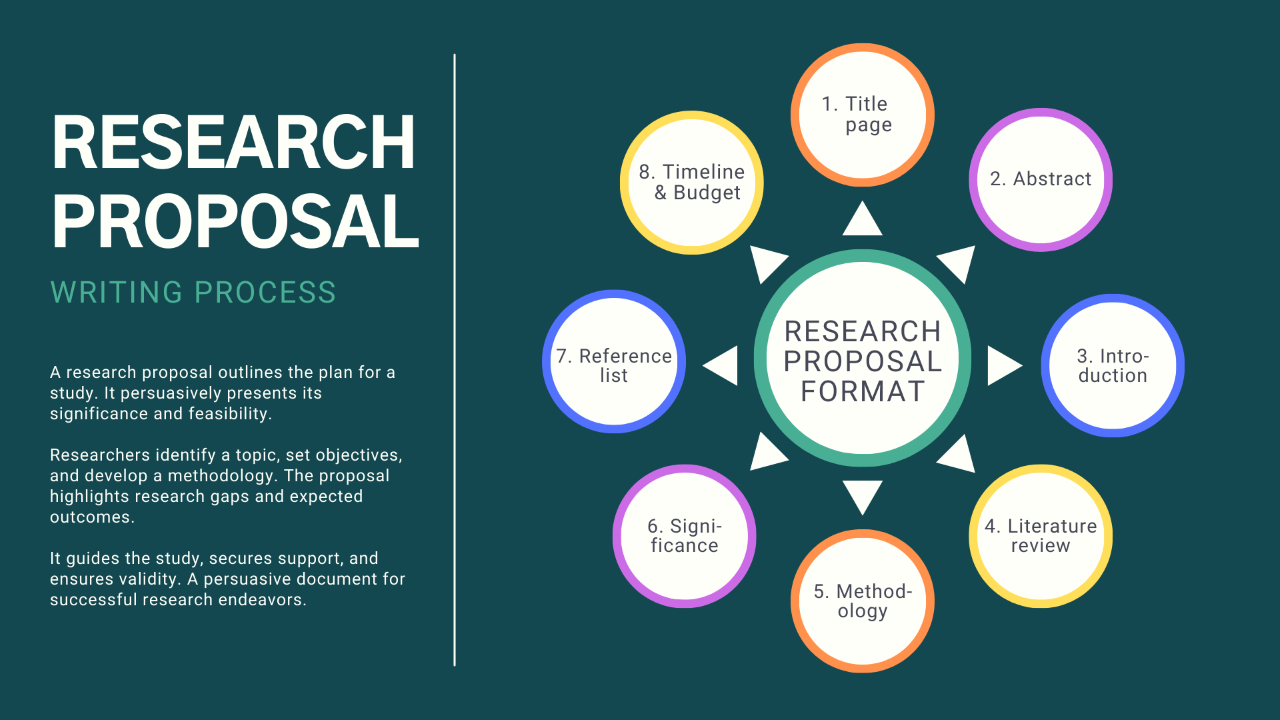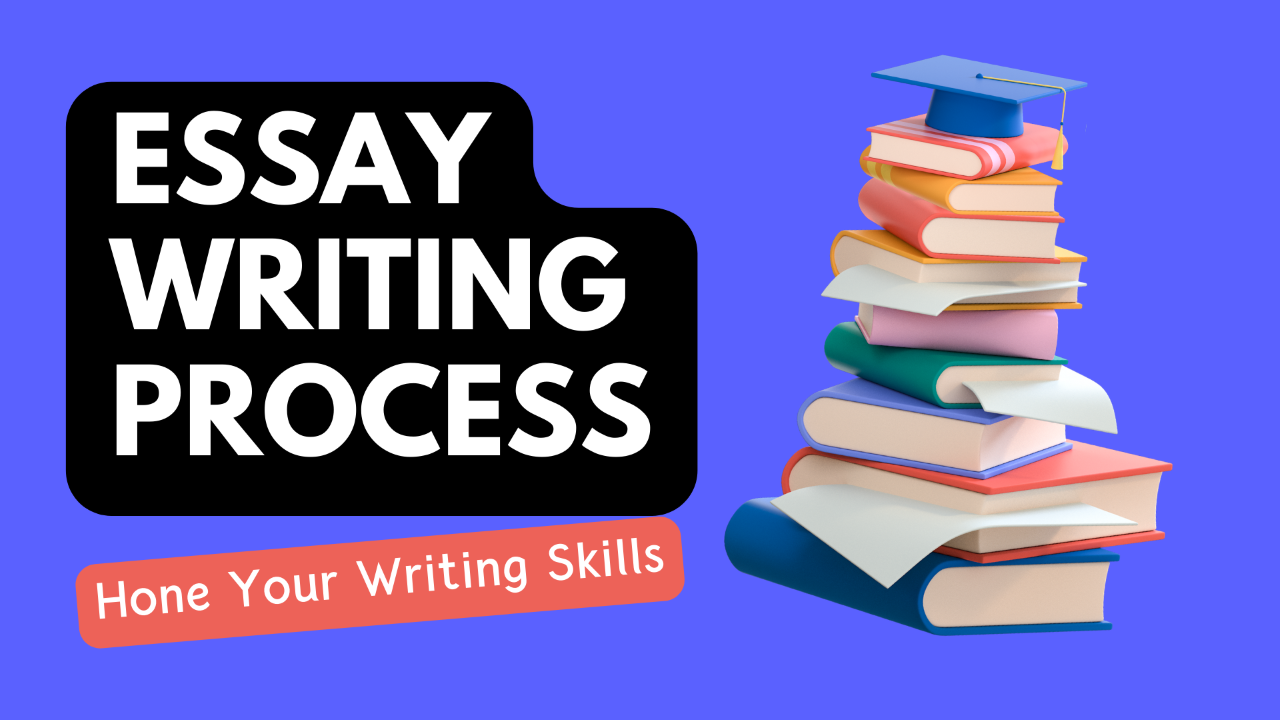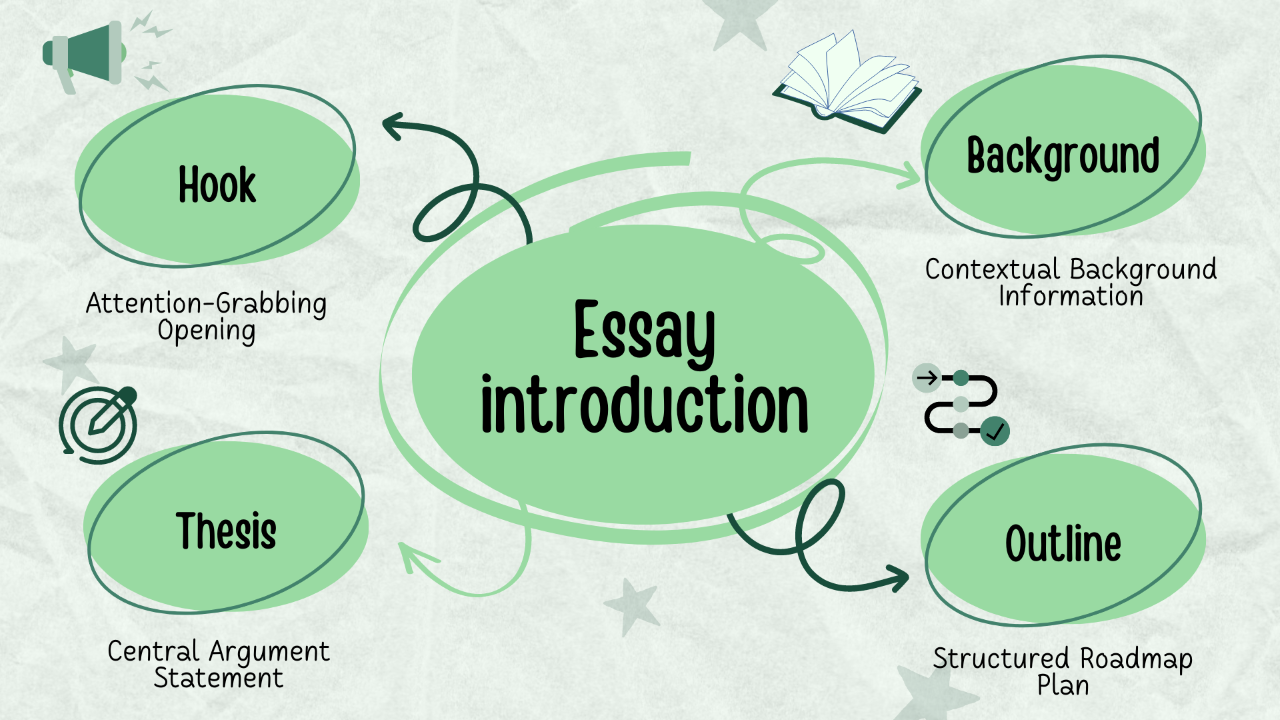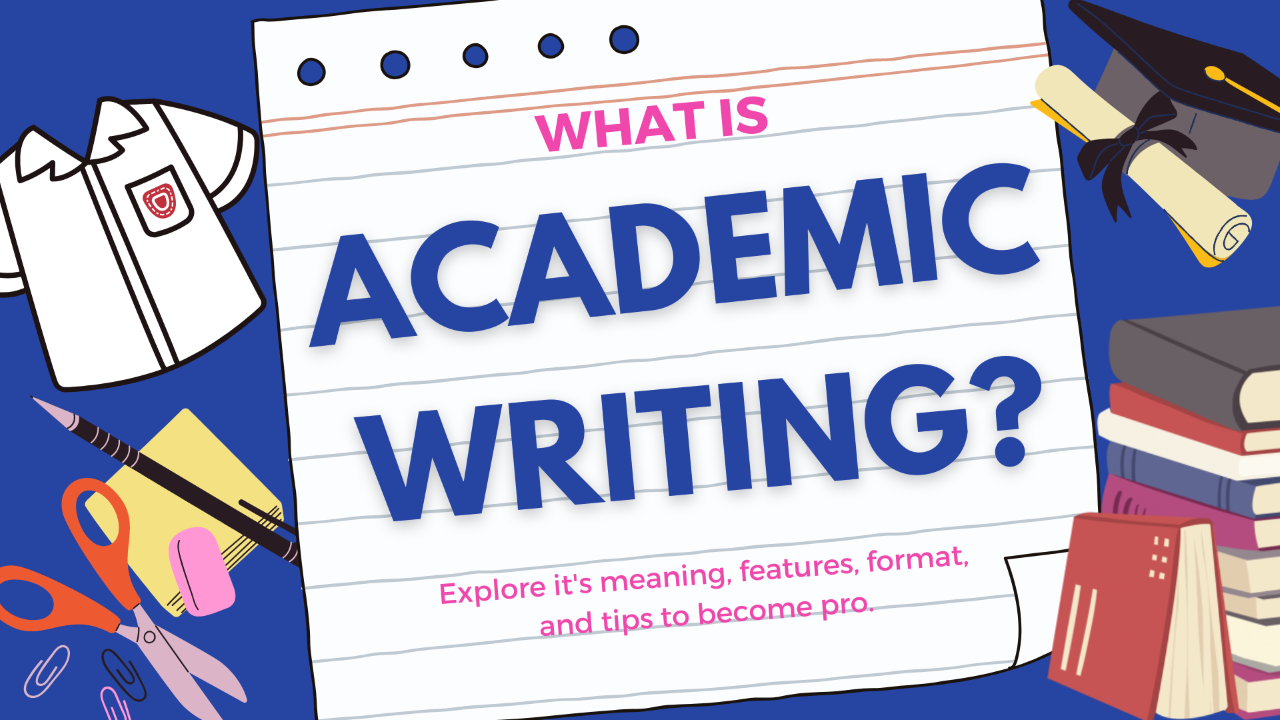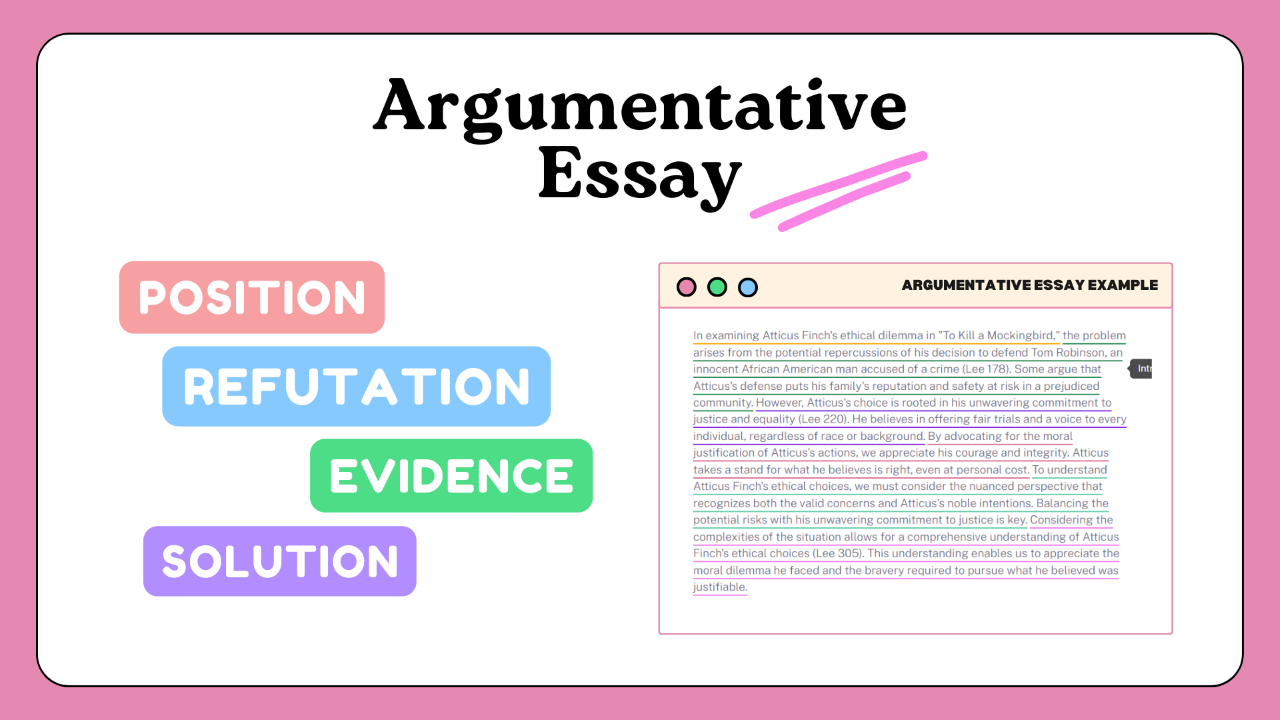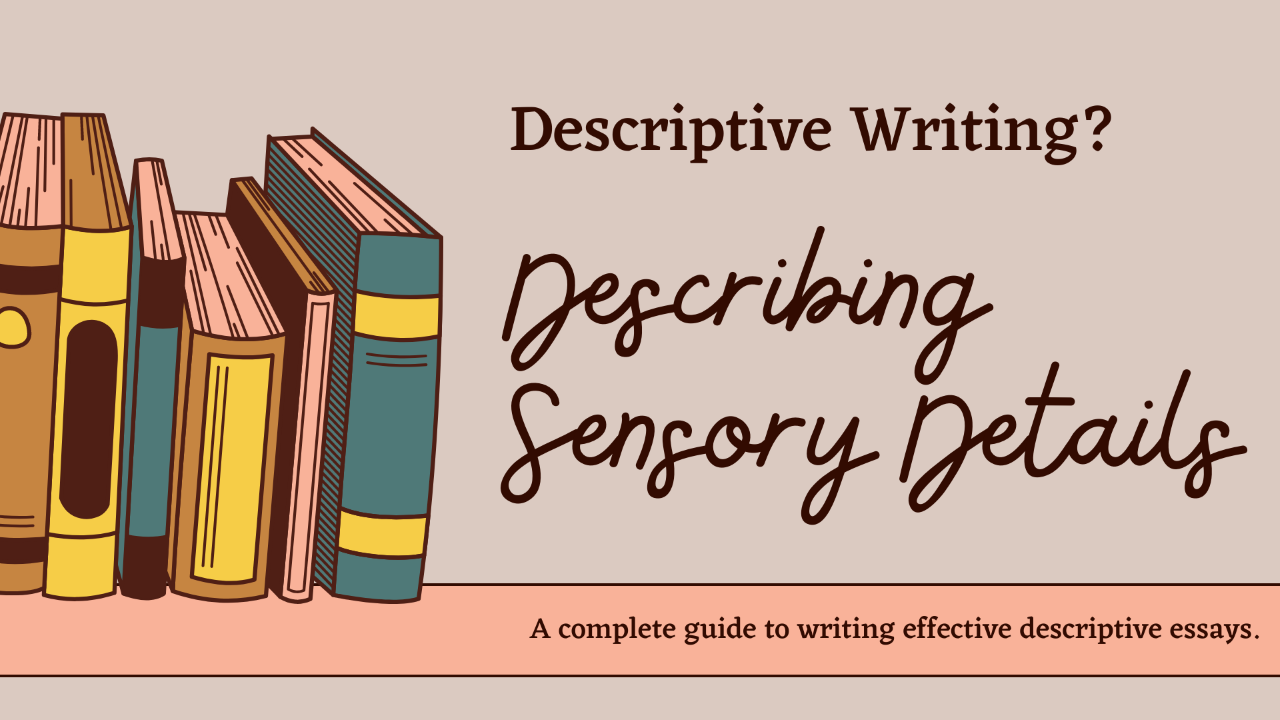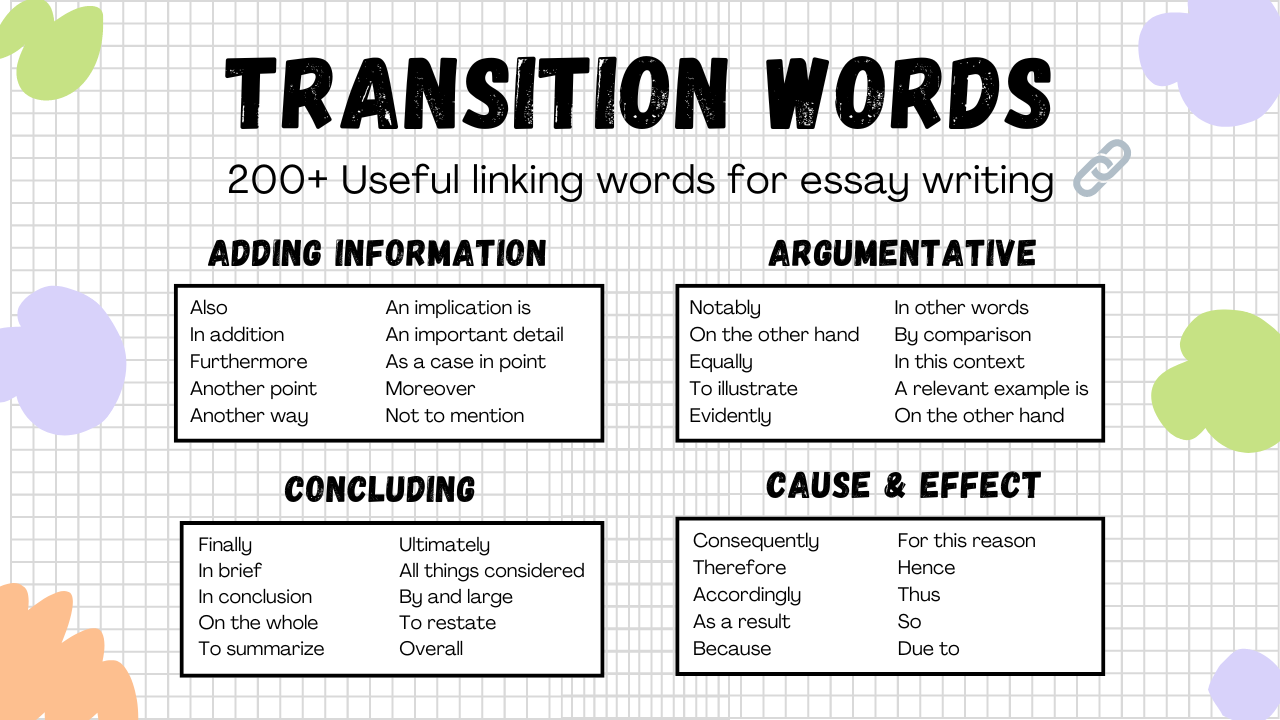
Transition Words: Improve Essay Coherence with 200+ Examples
Transitional Words to Seamlessly Connect Ideas and Improve Coherence
Are you in search of ways to improve the coherence and flow of your essays? We will introduce you to 200 plus transition words that will effortlessly link your ideas together, ensuring a smooth and logical progression. Whether you're writing an argumentative essay, a research essay, or a reflective essay, these words will serve as the glue that holds your ideas together.
Transition words, or signal words, are crucial in guiding your readers through your writing. They help create a sense of organization by connecting sentences, paragraphs, and sections, allowing your ideas to flow seamlessly. By incorporating these words into your writing, you not only improve the overall readability of your work but also enhance the clarity and understanding of your ideas.
From common transitional words like "however" and "therefore" to more nuanced ones like "conversely" and "nonetheless," this comprehensive list covers different types of transitions and usage scenarios. Whether you're a student writing an essay or a professional striving to communicate your thoughts more effectively, these 200 above transitional words for various functions: introducing ideas, presenting arguments, contrasting ideas, adding information, and summarizing or concluding, will be an invaluable resource for improving your writing skills.
Transition words for introducing ideas
When introducing new ideas in your essay, it is important to signal to your readers that a shift is occurring. Transition words for introducing ideas also known as additive transitions help you do just that. Here are some examples of such words and phrases:
|
Firstly |
To begin with |
Initially |
In the first place |
|
The first point to note is |
It is important to note that |
At the outset |
To start with |
|
First and foremost |
To kick of |
Let us commence with |
As an introduction |
|
First off |
To begin |
It is crucial to start with |
At first glance |
|
The initial point to consider is |
Let us first look at |
Beginning with |
The primary consideration is |
|
In the beginning |
As the starting point |
The first issue to address is |
As a preliminary point |
|
The foremost thing to consider is |
To introduce the topic |
In the initial stages |
Before anything else |
|
As a foundation |
Let us first establish |
To set the stage |
Henceforth |
|
Subsequently |
In turn |
In retrospect |
Thus far |
These additive transitional words and phrases can be used at the beginning of a paragraph or section to indicate that a new idea or point is being introduced. They help your readers understand that a new topic or argument is about to be discussed. By using these words effectively, you can ensure a smooth transition between different ideas in your essay.
For example, consider the following sentence: "Firstly, let's consider the impact of climate change on coastal ecosystems." In this sentence, the transitional word "Firstly" signals to the reader that a new point or idea is about to be presented. It prepares them for the upcoming discussion on the effects of climate change on coastal ecosystems.
Transition words for presenting arguments
In an essay, it is important to present your arguments in a clear and organized manner. Transition words can help you do this by signaling the introduction of new arguments or supporting evidence. Here are some transitional words and phrases for presenting arguments or to persuade your readers:
|
One key argument is |
A compelling point to consider is |
Another perspective to examine is |
It is worth noting that |
|
Moreover |
Furthermore |
Additionally |
In addition to |
|
Another significant argument is |
On the other hand |
An important point to argue is |
Considering this point |
|
Notably |
A relevant example is |
To further illustrate |
It is essential to highlight |
|
Another viewpoint to consider is |
This is exemplified by |
An additional argument is |
This argument is supported by |
|
It is crucial to note |
A further point to discuss is |
From another angle |
To elaborate on |
|
Let us also consider |
In light of this |
In this context |
This raises the point |
|
A notable argument is |
From this perspective |
Equally |
This can be seen in |
|
It is important to emphasize |
A strong argument can be made |
An opposing view is |
This leads to the argument |
|
By the same token |
A related point is |
To put it another way |
By comparison |
|
As a matter of fact |
To illustrate |
Evidently |
To clarify |
|
In other words |
As an illustration |
|
|
These transitions can be used to introduce new arguments or present additional evidence in support of your main thesis. They help your readers understand the relationship between different points and how they contribute to your overall argument.
For example, consider the following sentence: "One key argument in favor of renewable energy is its positive impact on the environment." In this sentence, the transitional phrase "One key argument" signals to the reader that a new argument is being introduced. It sets the stage for the subsequent discussion on the environmental benefits of renewable energy.
Transition words for contrasting ideas
In an essay, presenting contrasting ideas or writing a cause and effect essay often requires highlighting differences effectively. Transition words for contrasting ideas can help you signal these distinctions and add nuance to your writing. Here are some examples of such words and phrases:
|
However |
On the other hand |
In contrast |
Nevertheless |
|
Nonetheless |
Despite this |
Although |
Even so |
|
Yet |
On the contrary |
Still |
Whereas |
|
While |
In spite of |
Alternatively |
But |
|
Instead |
Even though |
Despite that |
Rather |
|
Unlike |
Conversely |
Be that as it may |
Albeit |
|
Though |
However |
On one hand |
Otherwise |
|
In opposition |
In stark contrast |
Differing from |
Regardless |
|
Contrarily |
By contrast |
On the reverse side |
Inversely |
|
Accordingly |
Inevitably |
As a consequence |
Notwithstanding |
|
Consequently |
For this reason |
Therefore |
|
These transitional words and phrases can be used to introduce a contrasting idea or argument. They help your readers understand that a counterpoint or alternative perspective is about to be presented. By using these words effectively, you can create a more balanced and comprehensive essay.
For example, consider the following sentence: "However, some critics argue that the use of genetically modified organisms poses significant risks to human health." In this sentence, the transitional word "However" indicates a contrasting idea or argument. It prepares the reader for the upcoming discussion on the potential risks associated with GMOs.
Transition words for adding information
In an essay, it is important to provide additional information or examples to support your arguments. Transitional words for adding information can help you seamlessly include these details without disrupting the flow of your writing. Here are some examples of such words and phrases:
|
Additionally |
Moreover |
Furthermore |
In addition to |
|
Not only that, but |
Besides |
What's more |
Also |
|
Along with |
Plus |
As well as |
Too |
|
Another thing |
In the same vein |
Together with |
Similarly |
|
More importantly |
Again |
To further add |
And |
|
Coupled with |
Correspondingly |
Moreover |
Not to mention |
|
Plus the fact that |
Alongside |
Additionally |
Withal |
|
Besides that |
To boot |
Over and above that |
By the same token |
|
Supplementing |
Further still |
In conjunction with |
What is more |
|
Including |
Into the bargain |
More so |
Not to forget |
|
Likewise |
Not only but also |
With this in mind |
For instance |
|
To this end |
Owing to |
Resulting in |
Due to |
These transition words and phrases can be used to introduce additional information, examples, or supporting evidence. They help your readers understand that more details are being provided to strengthen your arguments. By using these words effectively, you can enhance the credibility and persuasiveness of your essay.
For example, consider the following sentence: "Additionally, recent studies have shown a correlation between regular exercise and improved mental health." In this sentence, the transitional word "Additionally" signals to the reader that more information is about to be presented. It prepares them for the subsequent discussion on the relationship between exercise and mental well-being.
Transition words for summarizing or concluding
In an essay, it is important to summarize your main points or draw a conclusion based on your arguments. Transition words for summarizing or concluding can help you do this effectively, ensuring a strong and memorable ending to your essay. Here are some examples of such words and phrases:
|
In conclusion |
To summarize |
Overall |
In summary |
|
To sum up |
In a nutshell |
Taking everything into account |
All things considered |
|
In the end |
Ultimately |
Finally |
In closing |
|
To conclude |
Summing up |
Wrapping up |
After all is said and done |
|
On the whole |
In brief |
In essence |
As a final point |
|
All in all |
To put it briefly |
Conclusively |
To encapsulate |
|
As a summary |
To recapitulate |
At the end of the day |
In the final analysis |
|
Bringing to a close |
To round off |
To finalize |
As a result |
|
Ultimately speaking |
All summed up |
To close |
Thus |
|
To that end |
In summary |
To wrap it up |
For the most part |
|
To sum it all |
In a few words |
Broadly speaking |
In a word |
|
To finish |
|
|
|
These transitions can be used to signal that you are wrapping up your essay and summarizing your main points. They help your readers understand that you are reaching a conclusion based on the arguments you have presented. By using these words effectively, you can leave a lasting impression on your readers.
For example, consider the following sentence: "In conclusion, the evidence suggests that a healthy diet and regular exercise are key factors in maintaining physical and mental well-being." In this sentence, the transitional phrase "In conclusion" signals to the reader that the essay is coming to an end and a summary of the main points will follow.
Examples of using transition words in sentences
To further illustrate the use of transition words in essays, let's consider some example sentences that incorporate these words effectively:
-
"Initially, let's consider the impact of climate change on coastal ecosystems. One key argument in favor of renewable energy is its positive impact on the environment. However, some critics argue that the use of genetically modified organisms poses significant risks to human health. Additionally, recent studies have shown a correlation between regular exercise and improved mental health. In conclusion, the evidence suggests that a healthy diet and regular exercise are key factors in maintaining physical and mental well-being."
-
"To begin with, it is important to note that education plays a crucial role in reducing poverty. Moreover, investing in early childhood education has been shown to have long-term benefits for individuals and society as a whole. On the other hand, some argue that the cost of education is too high and not everyone has equal access to quality education. In addition to this, vocational training programs can provide valuable skills and opportunities for those who do not pursue traditional academic paths. Overall, education is a powerful tool for social and economic development."
-
"In the first place, let's examine the impact of social media on interpersonal relationships. One argument in favor of social media is its ability to connect people from different parts of the world. Nonetheless, there are concerns about the negative effects of excessive social media use on mental health. Furthermore, cyberbullying has become a prevalent issue in the digital age. In summary, while social media has its benefits, it is important to use it responsibly and be aware of its potential drawbacks."
These example sentences demonstrate how transitional words can be used to link ideas and create a cohesive essay. By incorporating these words into your writing, you can ensure a smooth and logical progression of your arguments, making your essay more engaging and persuasive.
Tips for effectively using transition words in essays
While transitions are powerful tools for improving the coherence and flow of your essays, it is important to use them effectively. Here are some tips to keep in mind when using transition words in your writing:
-
Choosing the right word for the context: It is important to select transitional words that accurately convey the intended meaning and relationship between different ideas. Consider the specific context of your essay and choose words that best fit the purpose and tone of your writing.
-
Using transition words sparingly: While transition words are valuable in guiding your readers through your essay, it is important not to overuse them. Using too many transitional words can make your writing appear repetitive or formulaic. Instead, focus on using them strategically to enhance the clarity and coherence of your essay.
-
Varying your use of transition words: To keep your writing engaging, it is important to vary your choice of transition words. Using the same transitional word repeatedly can make your writing monotonous. Instead, explore different options and experiment with different transitional words to add variety and depth to your essay.
-
Paying attention to transitions between paragraphs: Transitions are particularly important in signaling transitions between paragraphs. Ensure that each paragraph flows smoothly into the next by using appropriate transition words. This will help your readers understand the logical progression of your ideas and maintain their engagement throughout your essay.
-
Revising and editing for clarity: After incorporating transition words into your essay, take the time to revise and edit your writing for clarity. Ensure that the transitions effectively convey the intended meaning and enhance the overall coherence of your essay. Make any necessary adjustments to ensure a seamless flow of ideas.
By following these tips, you can effectively incorporate transition words into your essays, enhancing the coherence and flow of your writing.
Transition words are invaluable tools for essay writing. They help create a sense of organization, enhance the readability, and improve the clarity and understanding of your ideas. Whether you are introducing new ideas, presenting arguments, contrasting ideas, adding information, or summarizing your essay, transition words play a crucial role in guiding your readers through your writing.
By using these 200+ transition words, you can take your essay writing to the next level. These words will serve as the glue that holds your ideas together, ensuring a smooth and logical progression. Whether you are a student looking to improve your essay writing skills or a professional striving to communicate your thoughts more effectively, these transition words and phrases will be an invaluable resource.
Remember to choose the right transitions for the context, use them sparingly and strategically, and pay attention to the transitions between paragraphs. With practice and careful attention to detail, you can master the art of using transitional words effectively in your essays. So, go ahead and experiment with these words, and watch as your writing becomes more cohesive, engaging, and persuasive.
Free Sample Essays & Papers
Download free PDF examples of essays and papers in various subjects, all with different citation styles! Get inspired, conquer writer's block, and find the perfect format for your next assignment. Click to download now!
